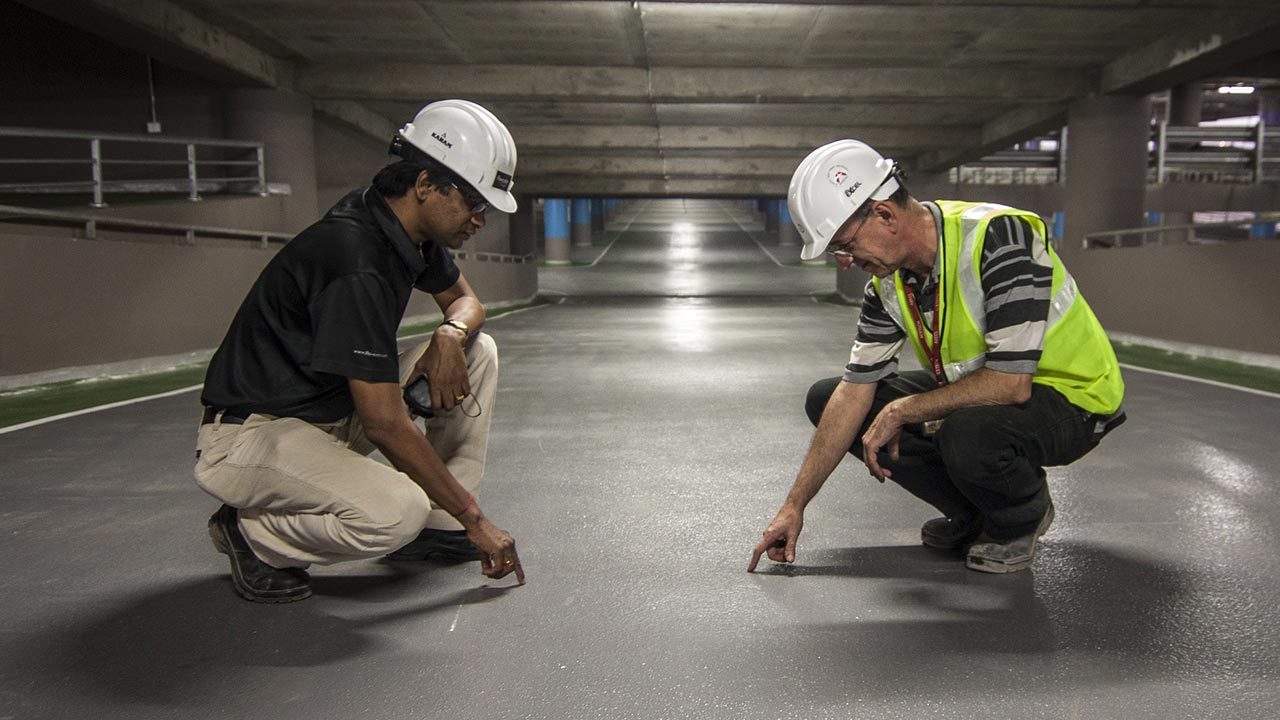News
Exploring the Options of Domestic and Commercial Concrete in 2022

You’re likely to encounter many decisions when starting a building project, including choosing domestic or commercial concrete for the foundation of your dream home or critical commercial building. Hiring a professional to help you choose the right one depends on the purpose.
Generally speaking, different concretes come in handy in different construction projects. Essentially a mix of limestone, granite and marble, water, or some other combinations, each type has its sets of characteristics – similar in ways but also unique in others. For instance, take the strength and durability of concrete blocks: they’re comparable but don’t perform the same way in commercial and residential buildings.
Even if there are differences between them, one thing’s certain: when made correctly, all these products have an immense effect on how solid your structure will be throughout its lifecycle. So, let’s get some more clarity.
Domestic and commercial concrete
In residential projects, concrete is the foundation of most dwellings, but that doesn’t mean it is just about that. Many concrete floors are also there, including walkways, front and backyards and driveways.
For instance, you can also think of concrete walls for building a swimming pool. On the other hand, the other concrete type can be useful for building and improving facilities such as warehouses, shops, offices, restaurants etc.
Concrete used in commercial settings provides a tremendous amount of support and security, which can manifest in the nature of some structures and elements on site. You can check pavement, walls, building exteriors, staircases, and others. You can know more about concrete here.
Comparing the two concrete types
There are notable differences between these materials. Residential concrete is typically thinner and not reinforced. It is because residential concrete is not subject to the same wear and tear as the other.
However, concrete used in commercial structures must be able to withstand heavy traffic and weather conditions, so it is usually thicker and contains more reinforcement. Another difference is that commercial variety is often stained or dyed to give it a more polished look. At the same time, residential concrete usually exists in its natural state for its classic and timeless appeal.
Hence, you can assume that domestic concrete will be less expensive. It is also easier to work with, making it a good choice for household projects. However, residential concrete is not as strong as commercial concrete, so it is not the best choice for high-traffic areas.
Commercial concrete would be best to have for high-traffic areas, such as parking lots and sidewalks. Since this alternative is much more robust, you know it will come at a cost. As it is more difficult to work with, you may want to hire a contractor for assistance.
Commercial Concrete has been the go-to material for construction projects for centuries. Its long-lastingness and versatility make it ideal for various applications, from foundations and floors to walls. Recent advances in concrete technology have made them more accessible to create even complex structures with this material.
For various reasons, concrete remains a popular choice for construction projects of all types – small and large-scale. You can leverage its cost-effectiveness, strength, easy adaptability, aesthetics, or just anything.






























